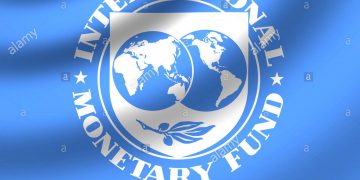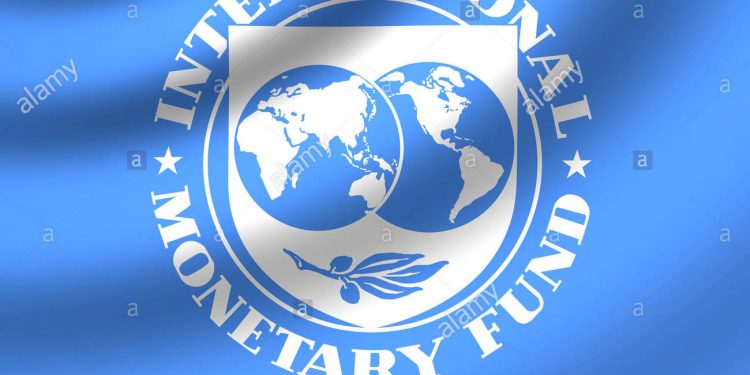After an official visit to Curaçao and St. Maarten (the union), the International Monetary Fund (IMF) stated that the monetary union of the two islands has been grappling with negative shocks and is facing significant challenges.
Curaçao is in a protracted recession owing to significant spillovers from the Venezuela crisis, which has exposed long-standing structural rigidities and weaknesses in public finances. Sint Maarten’s recovery after the devastating 2017 hurricanes has been uneven, given small island constraints and structural impediments exacerbated by frequent bouts of political instability. Wide-ranging reforms are needed in both countries.
The IMF says that the external position of the union worsened in 2018. The current account deficit (CAD) widened to 20.6 percent of the union GDP driven by stronger imports in Curaçao, in part due to a higher oil bill. In addition, the trade balance in Sint Maarten was affected by 2017 hurricanes as they reduced exports, particularly receipts from tourism and increased imports. The IMF staff estimated that external debt reached 174 percent of union GDP in 2018. International reserves declined from 4.1 to 3.7 months of imports of goods and services between end-2018 and mid-October 2019. The pressure on reserves was cushioned in part by substantial drawdown of foreign assets of the private sector. The external position of both countries is assessed to be weaker than warranted by fundamentals and desired policy settings.
In both countries, broad structural reforms are needed to address long-standing structural impediments and increase potential growth. Reform priorities include improving the business environment (facilitating construction and other permits, business licenses and cutting red tape); increasing labor market flexibility while fine-tuning safety nets and addressing skills gaps; and boosting the implementation capacity of the public sector. Both countries should update their tourism master plans setting out a long-term vision for the sector. Sint Maarten should continue its rebuilding efforts with the “Build Back Better” principle and develop a comprehensive Disaster Resilience Strategy drawing on the expertise of international partners. Moreover, stronger economic integration in the Union, e.g. building common institutions such as financial sector infrastructure, would improve resource allocation and the functioning of the Union.
Both countries need improvements in governance frameworks. The recent passage of AML/CFT legislation in Sint Maarten is an important step in the right direction. In both countries, effective implementation of the AML/CFT framework will be key for reducing risks. Both countries need to provide adequate resources to the relevant AML/CFT entities and increase public awareness of the issues, e.g. through a national forum. The national risks assessments in both countries will be instrumental for detecting gaps. To reduce opportunities for corruption, both countries need to strengthen institutions and ensure strong implementation of existing laws and procedures. The authorities should make efforts to operationalize the Integrity Chambers.


















